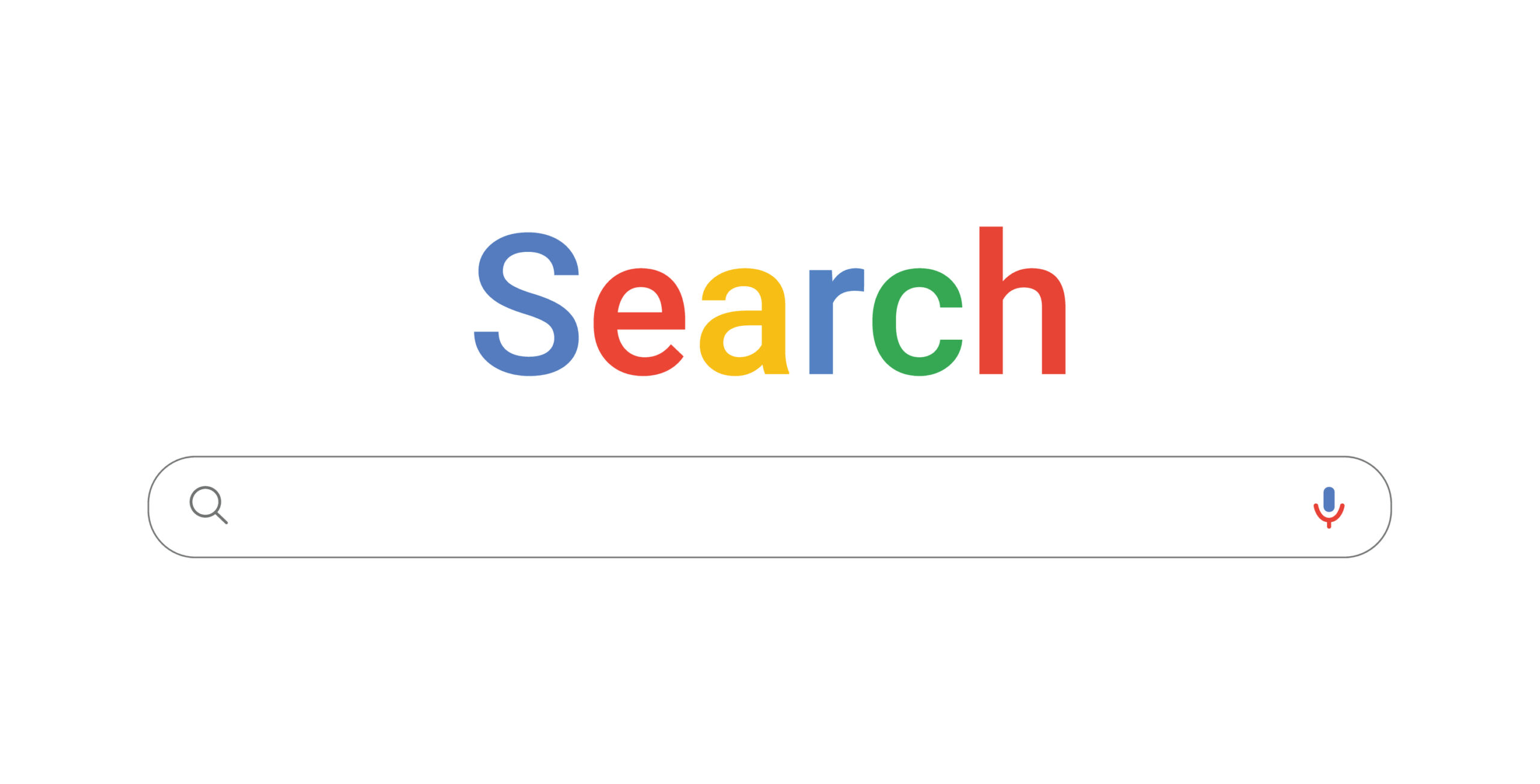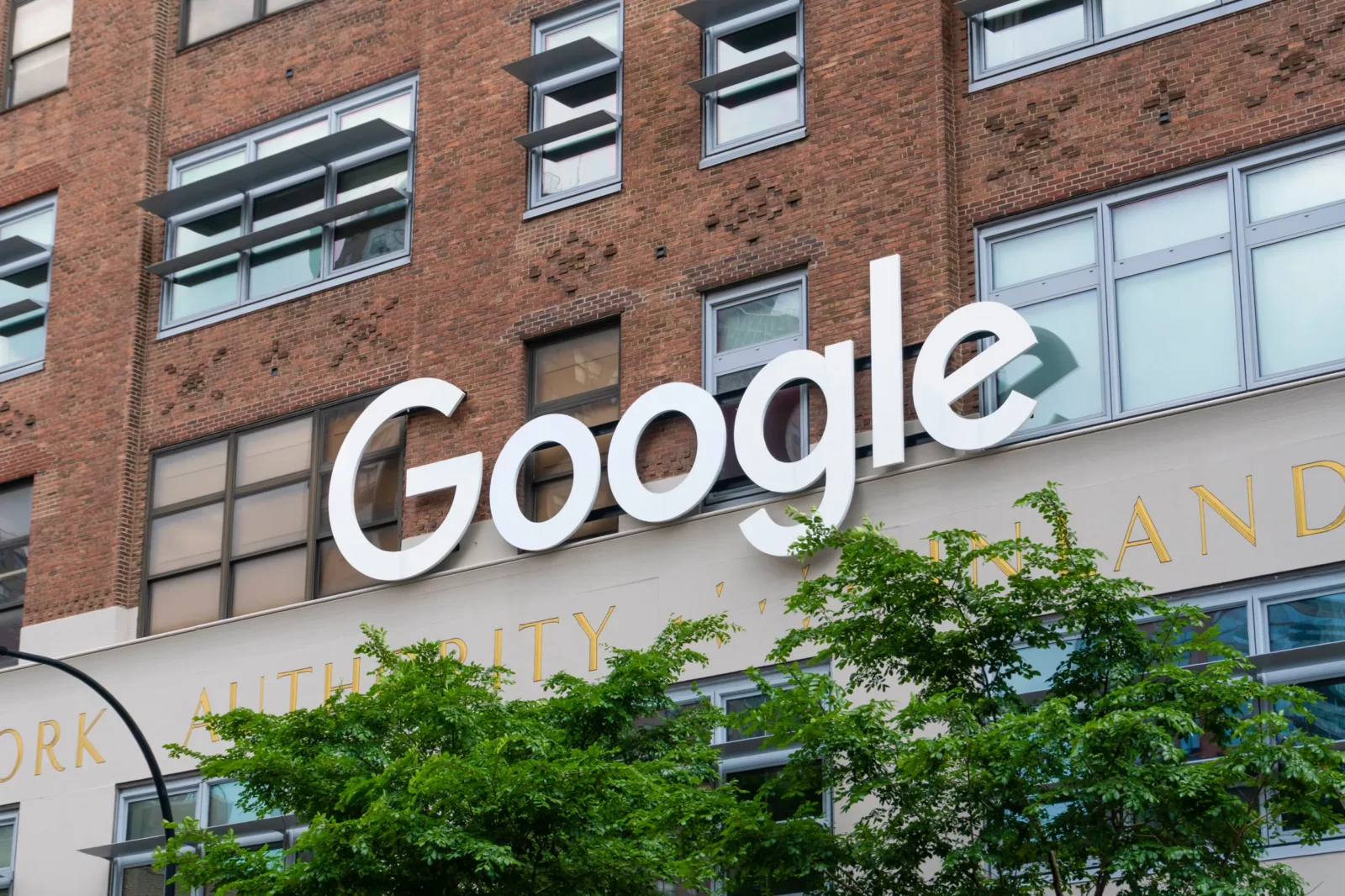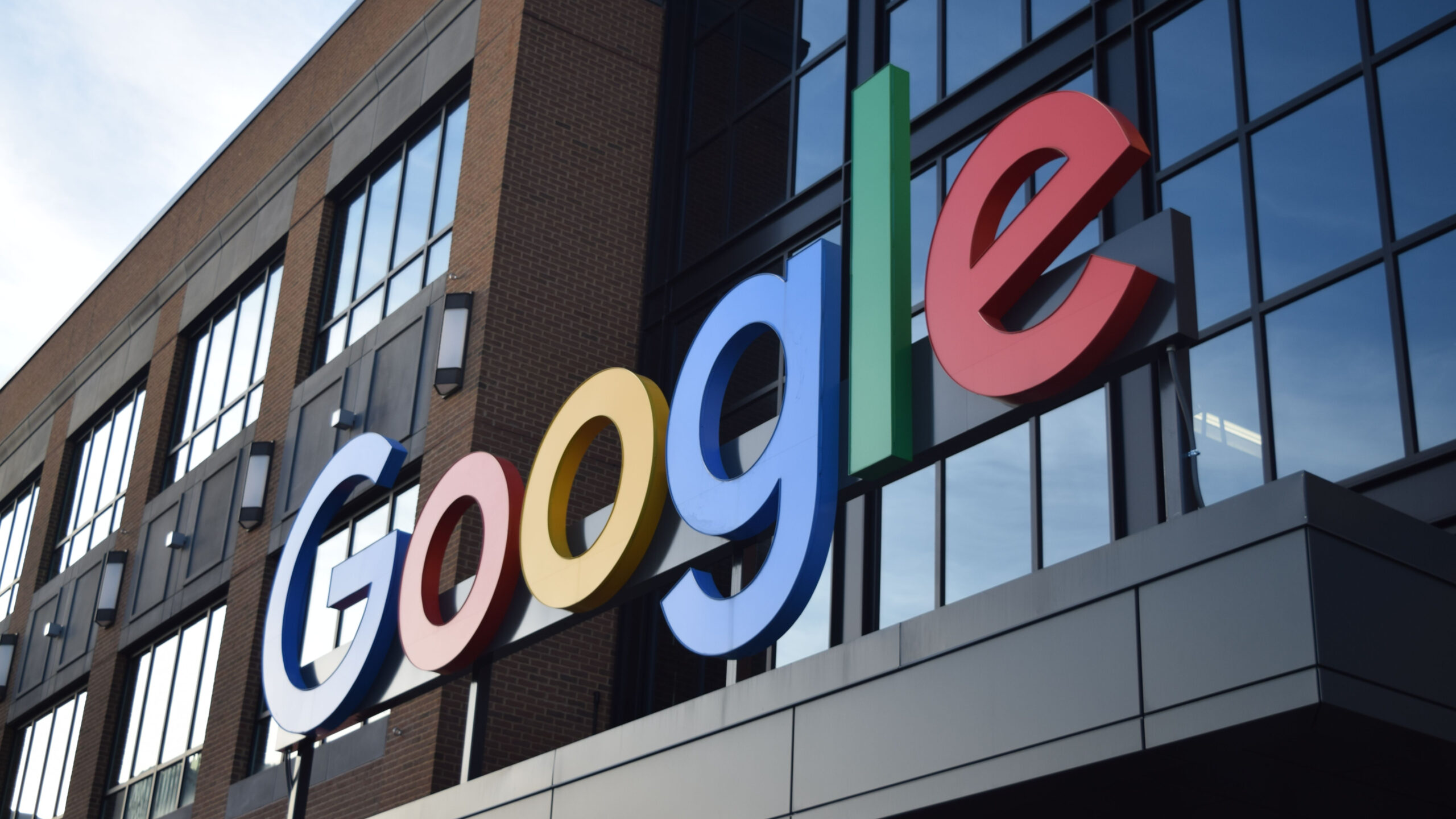Google Announces Additional Efforts to Fight Piracy
In another example of Internet services investing greater resources in protecting content online, Google announced various changes today to search results involving movies and music. Even as News Corp’s James Murdoch was complaining that Google was not doing more to fight piracy, the search provider was announcing further actions to fight piracy, detailed at length in its updated “How Google Fights Piracy” report.
New developments include Google’s testing of a new ad format to appear directly beneath its search box, which will point users to lawful, authorized platforms for content in the search (assuming, presumably, that there are any). It has also created a new right-hand panel in search results that points to various options as well. The company is also tweaking its algorithm to further downrank sites that receive high numbers of DMCA notices, and further limiting what terms and results might appear in “autocompleted” queries.
Increasing the prominence of lawful, authorized platforms by strategic use of ad space and innovations in displaying results will ensure that legitimate services get increased visibility. These changes should help drive additional sales of lawful content. Changes to the search algorithm are something that rightsholder constituencies have demanded loudly, even though the empirical evidence indicates that general-purpose search isn’t a significant tool in the infringer’s toolbox.
As I noted last year in a paper about the “search fixation”, the percentage of traffic arriving at infringing sites from search engines is relatively low (~15%), and the types of queries that rightsholders tend to complain about (e.g., “free [artist] [track] mp3”) are statistically insignificant. Still, what appears in search results gets fetishized because it’s easy to conduct an Internet search. This cognitive bias is the ‘streetlight effect’: we tend to look only where it’s easy to look. In short, some changes here should placate noisy demands, even if the data shows that placating those demands is not the solution to the issue.
Increasing the relevance of DMCA notices in returning search queries is not without cost. It increases the effectiveness (and therefore likelihood) of abusive takedown demands. We already see frequent cases of DMCA abuse as things stand today (see, e.g., here, here, here, here, and here); if would-be censors know that their takedown demands may not only suppress the specific content, but also cause the objectionable site’s search ranking to fall, the temptation to misuse the DMCA’s powerful remedies will increase. This points to the increasingly important role that the DMCA’s ‘perjury’ penalty — Section 512(f) — must now play.
On net, these changes should increase the likelihood that Internet users searching for content online are offered legitimate options, assuming they exist, but they also increase the need for courts to be more strict in applying 512(f).








